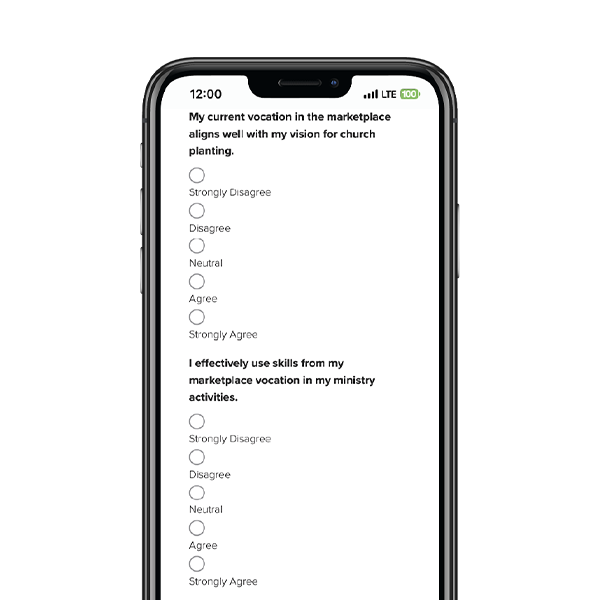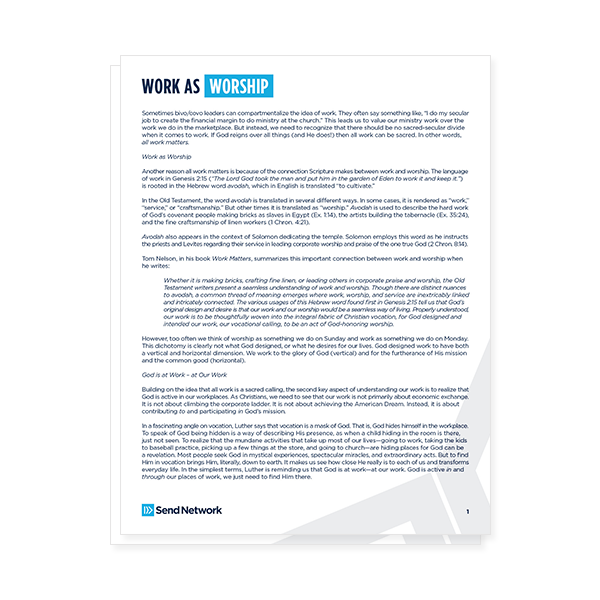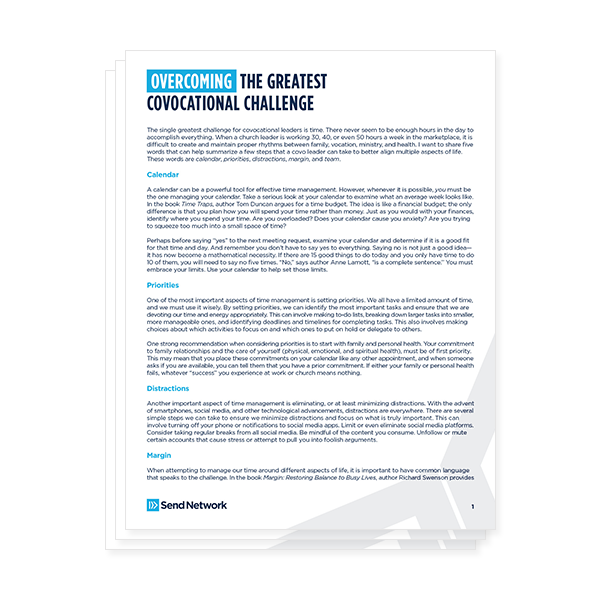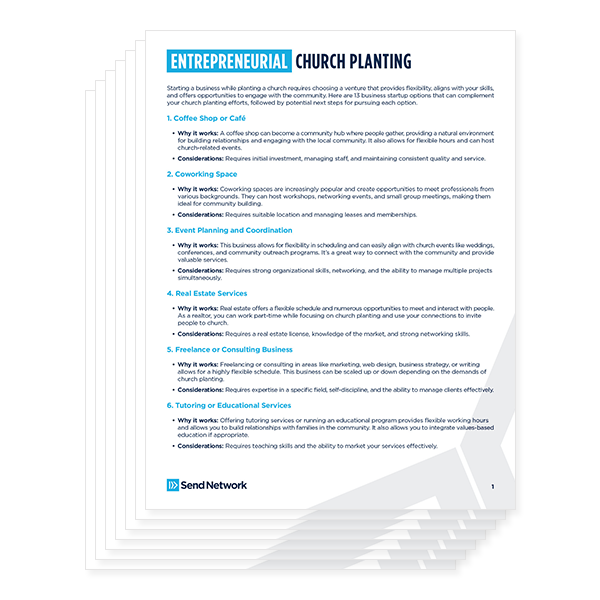The late scholar Mark Seale said, “everyone has a way of ‘leaning into life,’ and the Christian strives to ‘lean into life,’ all of life, Christianly. Conversion does not simply install a new ‘religious’ program over the existing operating system. It installs a new operating system.” Such a quote reminds us that the life of the church does not consist only in its gatherings. And yet, the gathering of the church is nevertheless a central component for “leaning into all of life, Christianly.”
Here are two things to know when forming a contract for your meeting space:
Know your ecclesiology.
What you believe about the church shapes how you see the role of the gathering in the life of the church. If your view is that the gathering plays a large part in defining the church, then the space in which you gather will be extremely important; likely needing to reflect a certain level of programming excellence and complexity. However, if your view is that the church defines the gathering because you believe, for example, that followers of Jesus do not “go” to church, they “are” the church, then there will be some flexibility with respect to the type of space in which you can meet. The point is, you need to know what you believe and why you believe it before signing a contract!
Too often I see a disconnect in what churches say they believe and how they display those beliefs in their worship services. Many churches, for example, preach the value of family, community, knowing and being known, but they meet in dark movie theaters, featuring loud music and rigid stadium-style seating. Others however, preach the value of excellence, accessible and attractive services, but then meet in dingy living rooms or third spaces. The point is, because we haven’t prayerfully thought through how our ecclesiology impacts our meeting space, we often end up sitting the fence in some way. And as the old proverb goes, “Man who siteth thy fence is bound to spliteth thy pants!” Don’t sign a contract on a meeting space until you know your ecclesiology! You just might get locked into something that communicates the opposite of what you intend.
Know your context.
Pastor Jonathan Dodson says,
“If we have learned anything from the history of missions, surely it is that God uses a variety of methods to bring in the lost sheep of His kingdom. Jesus Himself attracted large crowds through preaching and feeding multitudes. (But He also) told organic, mustard seed parables about the growth of the kingdom of God (and) spent time with a few disciples…It would seem then that, when it comes to methods, context is king!”
Dodson is correct! A church’s meeting space is a part of its overall methodological approach, and the effectiveness of any such approach is contingent on knowing one’s context.
Too often churches fail to consider why they need a meeting space! But it’s the why that determines the what outlined in a meeting space contract. One of the greatest needs in the community in which I pastor is rest. Our community is filled with highly educated, ambitious individuals, working 60-80+ hours a week, because they’re pursuing a sense of significance, justification, worth and the like, which obviously can’t be attained apart from the gospel. In short, my community (Christians and not-yet-Christians alike) need space to relax, connect and consistently hear about the justification, freedom and rest Jesus makes available through faith in Him.
Knowing this has not only helped define why we meet as a church, but what our meeting space contract should include. The contract we’ve landed on with the hotel from which we rent includes the set-up of all chairs, tables and staging in advance of our arrival. Yes, we pay a premium for this, but we’re willing to do so, because it removes a set-up/tear-down burden from our people, subsequently freeing them to physically rest and hopefully be more attuned to the truer rest found in Jesus.
To be clear, that premium has come at the cost of having to put less money toward things like signage, audio-visual capabilities, and the like. But because we know that our context needs a healthy, welcoming, loving expression of God’s family, more than a religious show, we’re willing to make make the trade-off. You may not be. And that’s ok, as long as you know what your context needs, and your meeting space contract reflects a gospel-intentionally toward meeting those needs!
Published November 21, 2017




